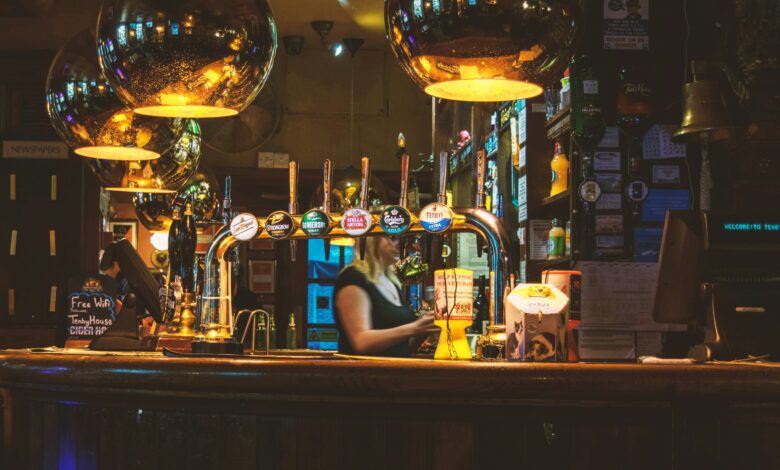No shows in hospitality reach record high of 14%
Since the launch of the industry-wide #ShowUpForHospitality campaign in 2021, GO Technology data had measured no-shows as decreasing

The number of consumers not showing up for their reservations in pubs, bars and restaurants is back to a record high, with 14% of guests not honouring reservations or informing venues in advance that they need to cancel, according to new figures from Zonal’s latest GO Technology report, in partnership with CGA by NIQ.
The survey of more than 5,000 British adults, highlighted that whilst more than two thirds (68%) of consumers who make bookings say they turn up for all of them, 18% cancel in advance and one in seven (14%) admit to failing to turn up without telling their venue.
Since the launch of the industry-wide #ShowUpForHospitality campaign in 2021, GO Technology data had measured no-shows as decreasing.
However, the latest insight shows they have now returned to the same level as three years ago, highlighting the significant and persistent problem they present.
When looking at the reasoning for no-shows, the findings revealed a direct link between the current financial landscape and the rise in no-shows, with 57% saying that they are severely or moderately affected by the cost-of-living crisis, and over a quarter (29%) of those who didn’t follow through on a booking, citing that they decided it would be too expensive, as their number one reason for not showing up.
Additionally, when asked what would make guests less likely to miss a booking, the following came out on top:
Simple cancellation process (30%)
Rewards and incentives (28%)
Reservation reminders (25%)
Deposits (21%)
Loyalty/Loyalty schemes (17%)
Tim Chapman, chief commercial officer at Zonal said: “No-shows are a £17.59bn problem for the hospitality sector and the issue does not seem to be going away – in fact, this research suggests it has been exacerbated recently by the cost-of-living crisis.
“The report also reveals that those most likely to no-show are high-spenders and frequent visitors, which makes them very valuable customers to the sector. It is imperative that we get to grips with the problem, putting in measures to help customers keep in touch and working together to educate consumers about the damage not showing up can do to their much-loved local pubs, restaurants and bars.”







